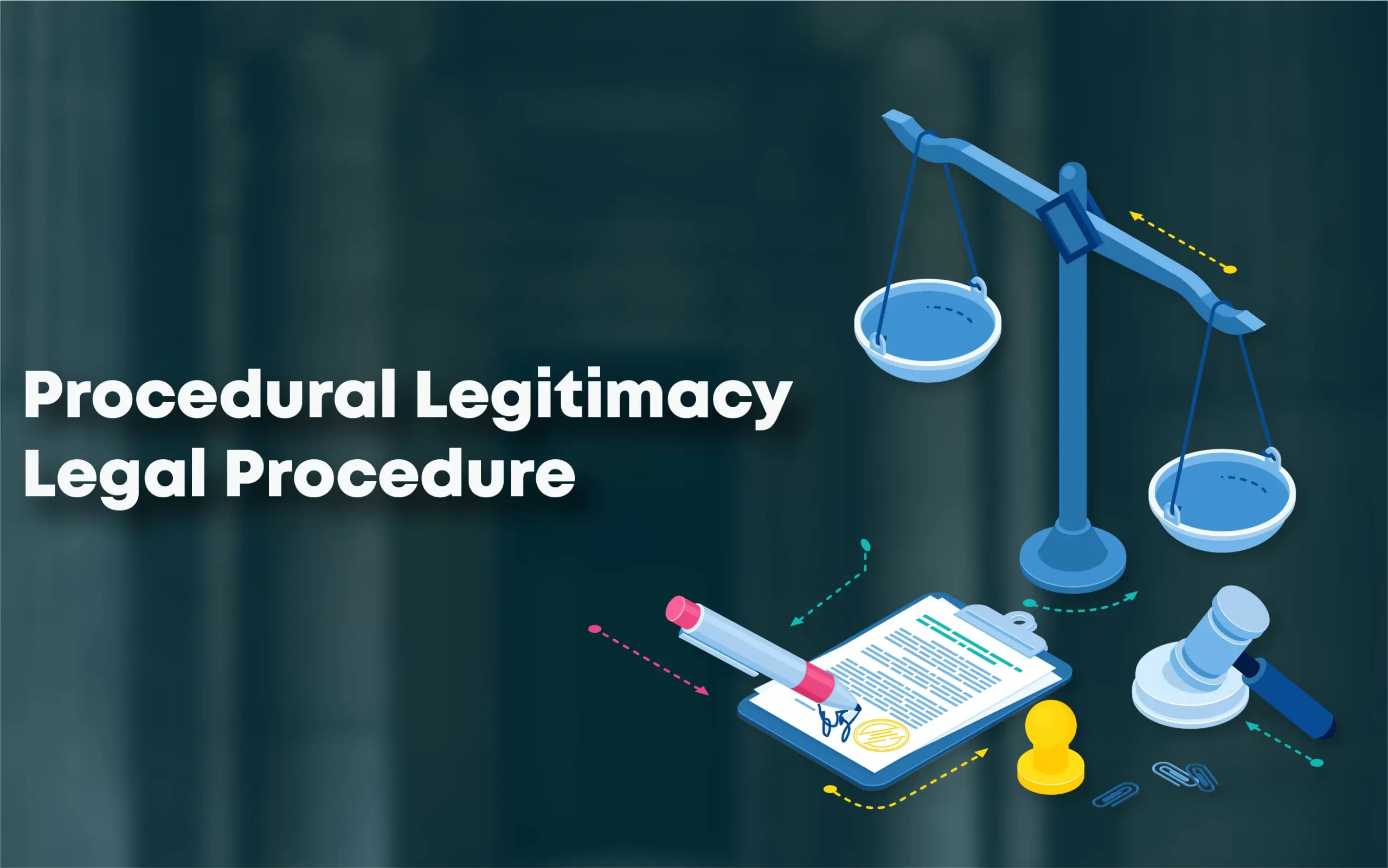Introduction
In the world of law and justice, the procedural legitimacy principle is considered fundamental to ensuring justice. This article discusses the definition of this principle and its importance in the legal system, and how it contributes to the protection of individual rights and the preservation of the public order.
Procedural Legitimacy as a Legal Principle
The procedural legitimacy principle is defined as the framework that governs legal procedures to ensure the fair and consistent implementation of laws. In the United Arab Emirates, this legitimacy principle is sourced from Law Decree No. 38 of 2022, which issued the Criminal Procedure Law. This principle stipulates that all procedures must be carried out in accordance with what is specified in the law, and any deviation from these procedures may lead to the invalidation of the procedure or the legal action resulting from it.
The Importance of Procedural Legitimacy
The importance of procedural legitimacy lies in its role as a safeguard for individual rights and freedoms. It ensures that individuals’ rights are not infringed upon except in accordance with the procedures defined by the law, thus enhancing trust in the legal system and aiding in the fair and effective administration of justice.
Applications of Procedural Legitimacy in Legislation
The applications of procedural legitimacy can be illustrated by examining various legislations, such as UAE law. UAE law clarifies how to handle crimes and regulate legal procedures to ensure the achievement of procedural legitimacy from the beginning of an investigation to the final judgment.
Expert Opinions
Ahmed Saber, Head of Litigation Department:
“The procedural legitimacy principle is a vital element in the process of delivering justice. Its significance becomes clear when we discuss the role of the judiciary and legal advocacy. It enhances integrity and transparency in the proceedings and prevents manipulation of legal procedures. By adhering to the procedural legitimacy principle, we can ensure the attainment of justice for individuals and society at large.”
Nada Al-Mawawi, Head of Consultation Department:
“The procedural legitimacy principle reflects the essence of a rule of law and the supremacy of law. It provides a strong legal framework that protects individuals’ rights and ensures the strict and fair implementation of laws. In my role as a legal consultant, I find that adherence to the procedural legitimacy principle helps in providing better legal advice and ensures justice in the cases we deal with.
Conclusion
The procedural legitimacy principle is a fundamental pillar in the legal justice system. It safeguards individual rights and enhances trust in the legal system. By adhering to the law and its procedures, relevant authorities contribute to upholding justice and due process.

